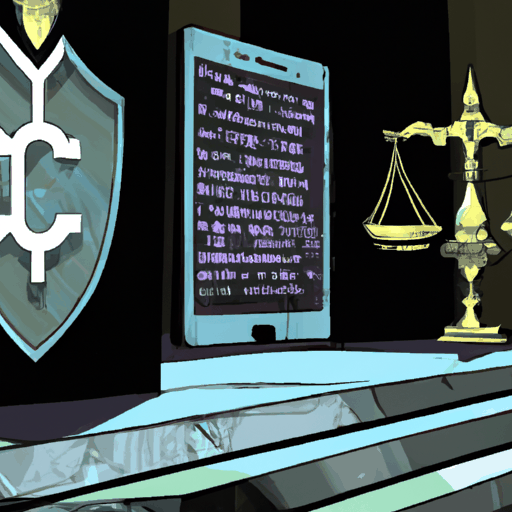
US DOJ Requests Input on 2016 Bitfinex Hack's Impact
By: Eva Baxter
The United States Department of Justice (DOJ) has recently taken significant steps to address the far-reaching implications of the 2016 Bitfinex hack. The department has set up a dedicated online platform aiming to collect information from individuals directly affected by this notorious breach. Despite the innovative approach, the DOJ maintains that under the Crime Victims’ Rights Act (CVRA), no “victims” have been formally recognized in this case.
The 2016 Bitfinex hack stands as a monumental event in the cryptocurrency world. The breach occurred when Ilya Lichtenstein gained unauthorized access to Bitfinex systems, illicitly obtaining around 120,000 Bitcoins, then worth $72 million. Today, due to the surge in Bitcoin value, the heist equates to approximately $9.2 billion. Lichtenstein, along with his accomplice Heather Morgan, orchestrated a series of sophisticated money laundering schemes involving crypto mixers and non-compliant exchanges. The proceeds were strategically moved through various domestic and international bank accounts.
As part of the ongoing legal proceedings, the DOJ is inviting affected individuals, including Bitfinex account holders, to share how the hack impacted them. This move is pivotal as it aims to understand the broader implications of the breach ahead of serious legal judgments. Prosecutors have suggested an 18-month prison term for Morgan’s involvement in laundering activities, and a more severe five-year sentence for Lichtenstein. Their formal sentencing is scheduled for mid-November.
The DOJ acknowledges Bitfinex as the sole entity eligible for restitution from this unprecedented case. They assert that their current initiative should ensure comprehensive representation during the sentencing of Lichtenstein and Morgan. By adopting this more inclusive approach, they also seek to engage voices from any individuals whose experiences could shed light on the breach’s impact.



